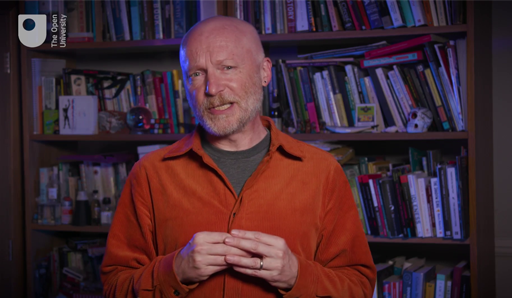Week 6: Consciousness
Introduction
In the past weeks you have explored the furthest reaches of our universe, considered the beginning of time and whether it is possible to predict the future, and delved deep into the smallest constituents of matter. The thing that makes this entire remarkable journey possible is the human brain. So, our destination now is inside our own heads, to ask how this lump of cells, proteins and water manages such extraordinary feats of thought. This week, your brain will be learning about itself, as you encounter some very intriguing questions.
How are the workings of our brain connected to our personalities, our sense of ourselves and our own inner world of experiences, thoughts and feelings? Could equations be found to describe ‘us’? Or is our own consciousness something that just can’t be explained by science?
As Francis Crick, Nobel laureate for his work on the structure of DNA, said:
There is no scientific study more vital to man than the study of his own brain. Our entire view of the universe depends on it.
Here’s Marcus to introduce this week’s topic.

Transcript: Video 1 Introduction
By the end of this week, you should be able to:
- understand how scientists study the brain
- explain how the brain works in simple terms, including the role of neurons
- discuss some technological advances related to simulating brain function
- appreciate the difficulties involved in studying and understanding consciousness
- describe some current research ideas on consciousness.
